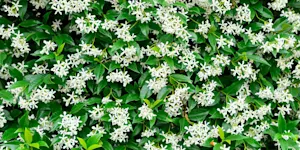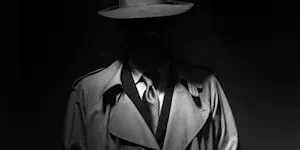What Makes This Word Tick
"Crapulous" is a sensational word to toss around at the dinner table, especially when you're discussing an evening of indulgence. It captures that feeling of excess, often from too much eating or drinking. It’s a word that provides a shorthand for "I really overdid it last night!"
If Crapulous Were a Person…
You know that friend who never says no to an extra slice of pie or another glass of wine? If "crapulous" were a person, it would be them—the life of the party, living for the moment, and maybe paying for it the next day with a few regrets (and perhaps a headache).
How This Word Has Changed Over Time
Drama aside, "crapulous" hasn’t strayed much from its roots. It has always been linked with indulgence, specifically with effects of over-consumption. The word still sounds delightfully old-fashioned, but its meaning has remained remarkably consistent.
Old Sayings and Proverbs That Use Crapulous
Though "crapulous" itself hasn’t made it into many adages, the concept lives on in sayings like "Too much of a good thing" or "Eat, drink, and be merry, for tomorrow we diet!" These capture the spirit of crapulous living without needing the exact term.
Surprising Facts About Crapulous
Believe it or not, "crapulous" actually has a respectable lineage, coming from the Latin "crapulosus," which rolls off the tongue rather nicely. It’s a reminder that even our most hedonistic words can have a cloak of dignity.
Out and About With This Word
Crapulous doesn’t make its way into modern conversation often, but when it does, it leaves an impression. Imagine a scene from a Regency-era drama where a character laments his excesses with splendid vocabulary.
Pop Culture Moments Where Crapulous Was Used
While you might not see "crapulous" plastered across a movie poster, it does pop up in literary works and period films where characters experience grand revelry, only to wake with a pounding head.
The Word in Literature
"Crapulous" nestles snugly in the pages of classical novels, where high society often finds itself gleefully—or regretfully—immersed in lavish feasts or decadent balls, followed by the inevitable morning-after reckoning.
Moments in History with Crapulous
Think of the grand feasts of the Romans or the indulgent banquets of Louis XIV’s court. While "crapulous" might not have been on their lips, it would have perfectly described the aftermath of such sumptuous gatherings.
This Word Around the World
Globally, every culture has its version of indulgence. While "crapulous" is a distinctly English word, the sentiment crosses borders, perhaps as a universal nod to humanity’s age-old relationship with excess.
Where Does It Come From?
Tracing back to Ancient Greek, "crapulous" finds its origins in "kraipale," referring to intoxication or a hangover. This Greek-to-Latin journey gives it a classical heritage that sounds almost poetic.
How People Misuse This Word
Sometimes people confuse "crapulous" with something a bit more vulgar in tone due to its spelling, forgetting that it’s more about the aftermath of indulgence than anything unsavory.
Words It’s Often Confused With
Crapulence: A noun form that's similarly indulged-related but focuses on the state itself.
Crapulousness: An unnecessarily long variation describing excessive drinking or eating's resultant state.
Ravenous: Often mixed up since both involve food, but ravenous is about hunger, not overindulgence.
Additional Synonyms and Antonyms
Synonyms for "crapulous" might include words like "inebriated" or "intemperate." In the antonyms corner, "abstemious" and "moderate" spring to mind, the guardians of restraint.
Want to Try It Out in a Sentence?
"After the wedding feast, I was feeling thoroughly crapulous as I staggered home, swearing off dessert forever."
















